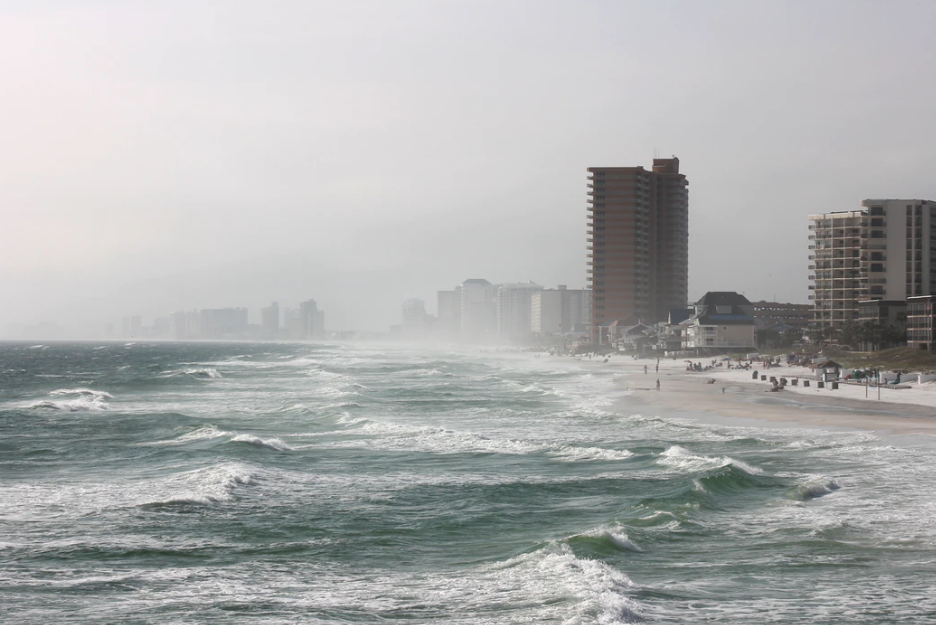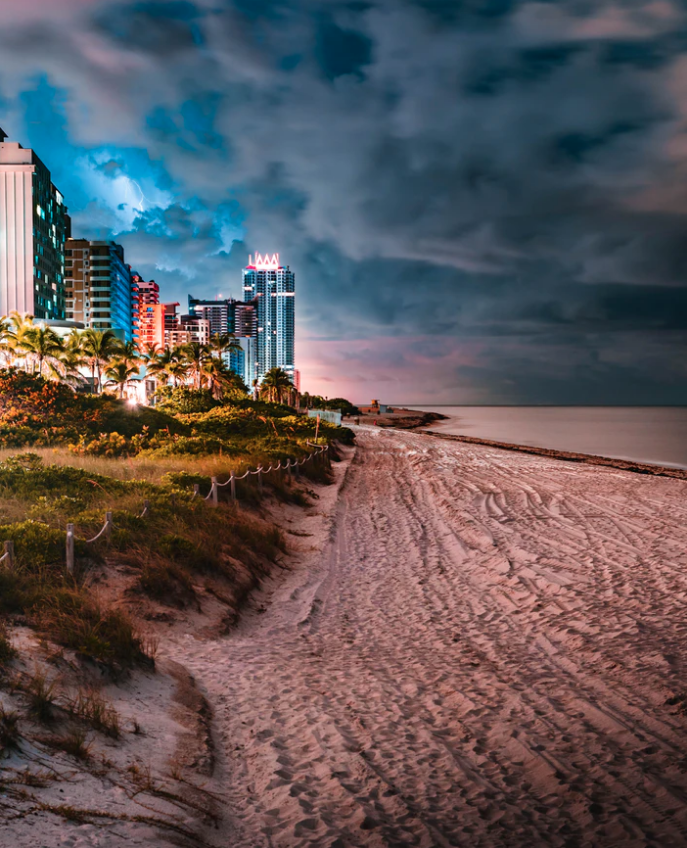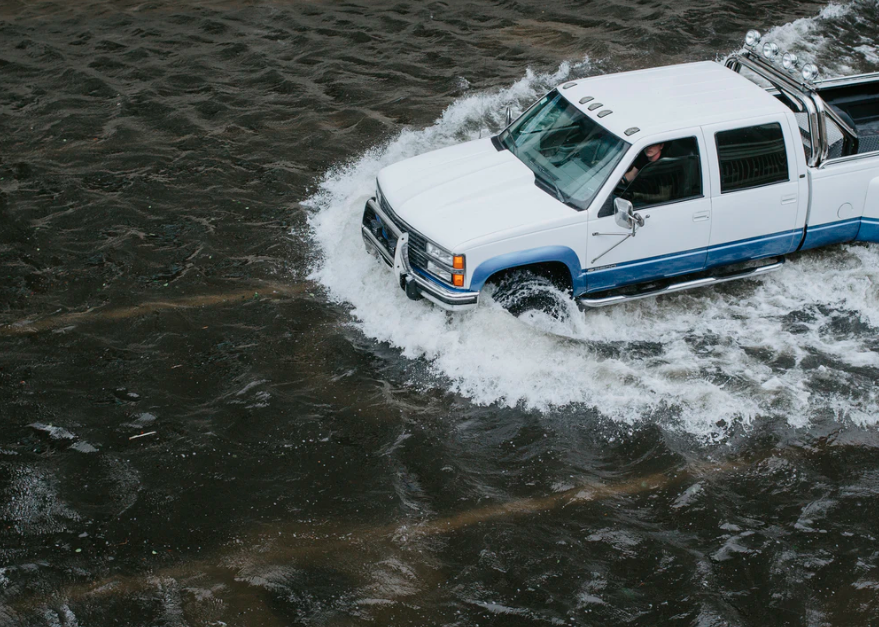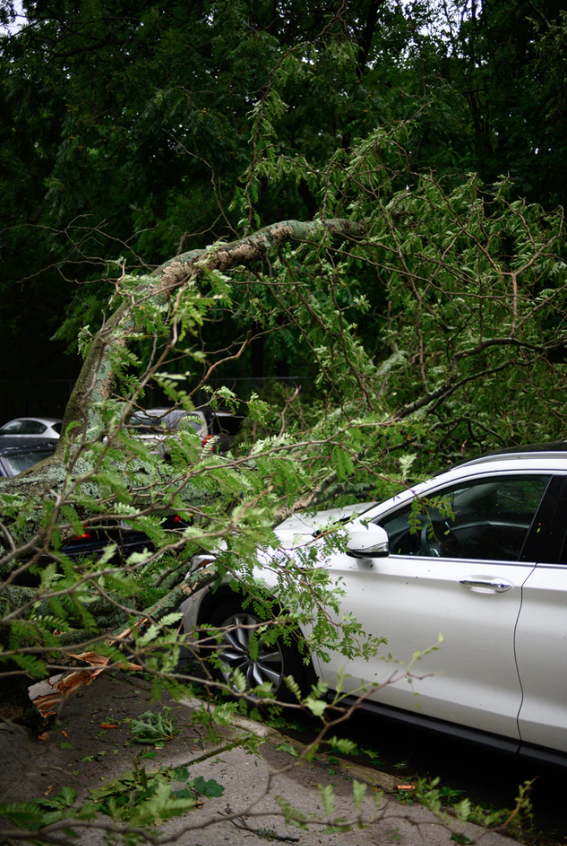Is there a hurricane near you? How to Prepare for Hurricane Season!
 Photos by: Unsplash
Photos by: Unsplash
Few of us have experienced natural disasters like hurricanes. The main reason for this is that they don't live in an area where similar events occur. However, if you are in a place where hurricanes can occur, there are a few things you should own in your household. If you stock up on supplies when everyone else is doing the same, your choices are limited at best. You may not be able to get everything you need before the storm hits. You may also face a long-term blackout, which means your limited supplies may not last as long as you need them. Most of your hurricane readiness should take place when there is no hurricane threat. There is a lot you can do now to protect your home and family in a storm.
The most important things you need when the hurricane comes
So if you're making a shopping list for your hurricane storage, here's what you should get.
1. Portable generators
Power outages are often more than just an inconvenience. They can be downright dangerous, especially for vulnerable population groups. Sometimes a generator is needed to keep the refrigerator running and keep food from going bad for days, to make sure medical equipment is working properly, or to heat or cool the house in extreme weather. A power outage can leave you literally trapped in the dark. However, you can still prepare to purchase a portable generator. However, picking a specific one is difficult because there are so many out there and you don't know what specifics to look for. Fortunately, we have you covered. Here is a list of top notch portable generators.

2. Water and food supplies
Having plenty of drinking water on hand is the most important step in preparing for a hurricane. One gallon of water per person per day is enough for seven days. Or if you're buying bottles, that's eight 16-ounce bottles per person, or 56 bottles for seven days. Keep some bottled water in your freezer if you have a lot of water that isn't completely filled. Frozen water bottles will help your freezer work more efficiently and help it stay colder longer when the power goes out. It's also important to have a way to purify water in the event of a long-term emergency. There are several mini water purifiers available. There are also tablets that purify the water by boiling it. Remember that you need water for personal hygiene as well as cleaning.
In terms of food, the family must pile up non-perishable foods that require no refrigeration and little preparation for at least five days. Canned and high-energy foods like protein bars, nuts, and other high-energy foods in the event that you go without food for an extended period of time can be life-saving. It can also be helpful if you spend a long time doing manual work.
3. First aid kit and medication
Put together a first aid kit for your home and one for each car. Your first aid kit should contain gauze, bandages, small scissors, waterless alcohol-based disinfectant, and wipes, tweezers, and the like. There should also be a first aid guide in case you are unfamiliar with the procedures in case of injury. Even if you do not have any acute or chronic illnesses, there are still some essential medicines you should pack with you. Pain relievers can be very valuable when you get a headache in a noisy shelter or when you experience pain after a long period of cleaning. Also, remember to get antacids, laxatives, and medication for diarrhea as you may eat foods that are not included in your daily diet.

4. Household items and hygiene
You'll want to have the following supplies on hand to tackle the aftermath and cleanup of the storm. You should buy paper towels, toilet paper, towels, soap, liquid hand sanitizer, and liquid detergent. Purchase personal hygiene items like toothpaste, deodorant, shampoo, etc. Obtain disposable dishes as dishes are difficult to wash with limited water supplies. Stock up on paper plates, cups and disposable cutlery. A manual can opener comes in handy when opening canned food. This is better than the electric one because the power can fail. Regular trash bags can help keep items dry if you have to evacuate on foot in the rain. Heavy contractor bags can help as they can be used for sanitary disposal of human waste when the water is turned off, or to throw away destroyed household items. You can find these bags in hardware stores.
5. Tools and other devices
Power outages are likely in the worst case, so keep an eye on the latest information. A battery operated radio could be your lifeline when all other forms of communication fail. Even for those dark nights you should have enough flashlights nearby and stock up on batteries so both will work during the storm. A solar charger for cell phones, tablets, and other technological devices can be useful. In addition, you will need lighters and matches, tape, a basic set of tools such as a hammer, nails, screws, screwdrivers, pliers and knives. In terms of bedding, you have extra sheets and blankets, sleeping bags for each person. Consider adding extra beds if you live in a cold climate. You need to take into account the number of people who will be together during the hurricane and their ages. When you have babies, you will be given all the necessary baby equipment such as groceries, diapers, adequate clothing, medication, and other essential baby items. The same applies to children or the elderly. Remember, it is important to be prepared for hurricanes even if you are not living directly on the coast.

Conclusion
Given all of what we said above, it is certain that you need to be prepared for a hurricane as soon as it hits. So follow our guide here and get your supplies on time. Also keep an eye on the little things like soap and other hygiene items. These can easily be misplaced or put aside!




